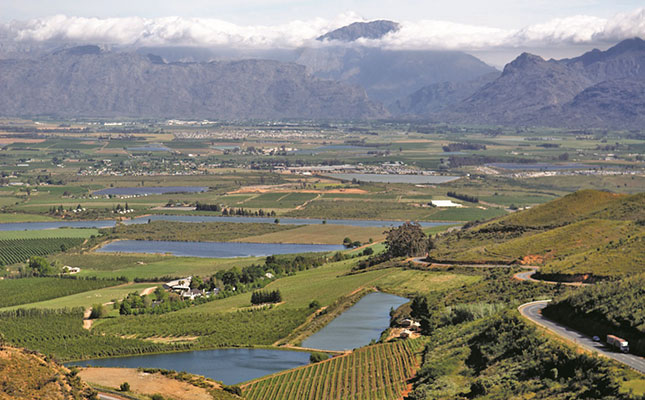
Photo: FW Archive
This was an improvement from the previous year in which the bank reported a loss of R711 million. In 2020, the bank suffered a loss of R905 million.
For the first six months of the current financial year, the bank also recorded a profit of R122 million, according to a recent presentation by Khensani Mukhari, acting CEO of the Land Bank, who said this highlighted the bank’s improved governance and internal controls.
While the bank had remained in default on its liabilities since April 2020, its debt had been reduced by 28,4% by the end of the 2021/22 financial year, and by a total of 42,8% by June 2022.
This was achieved by taking charge of 92% of the loan book previously managed by intermediaries, suspending loan activities, which would now resume, and writing off risky loans to keep losses manageable, Mukhari said in the presentation.
On the downside, the insourced loan portfolio had resulted in non-performing loans increasing from 61% during the previous financial year to 71%.
The bank, however, stated that its remediation efforts were bearing fruit, with a reduction of the non-performing loan book from R13 billion in February 2022 to R12,3 billion in March 2022, and subsequently R12,1 billion in June 2022.
The Land Bank board had also finalised a strategy, which would set the basis for a future trajectory of the bank into a “development finance institution that will meaningfully contribute to the transformation of the agriculture sector”, according to a statement by the bank.
Dawie Roodt, executive director of the Efficient Group, said it was good news that the Land Bank was generating profit again, making it one of the only state-owned entities that did “not have to be bailed out by government”.
He said the improved financial position of the bank was a direct result of improved management, but added that posting a profit did not say much about its provision for bad debt, and that one needed to look at the relationship of assets and losses over time.
The Land Bank’s assets declined from R40,2 billion in 2020/21 to R34,7 billion in 2021/22, and to R28,8 billion during the first six months of this financial year.
Christo van der Rheede, executive director of Agri SA, added that important questions still remained about how the bank would manage to repay its debt and improve its liquidity, given its over-dependence on loan repayments for its financial performance.
He added that it remained to be seen how many of the bank’s 4 000 existing clients would be able to source production loans in time for the current season.












